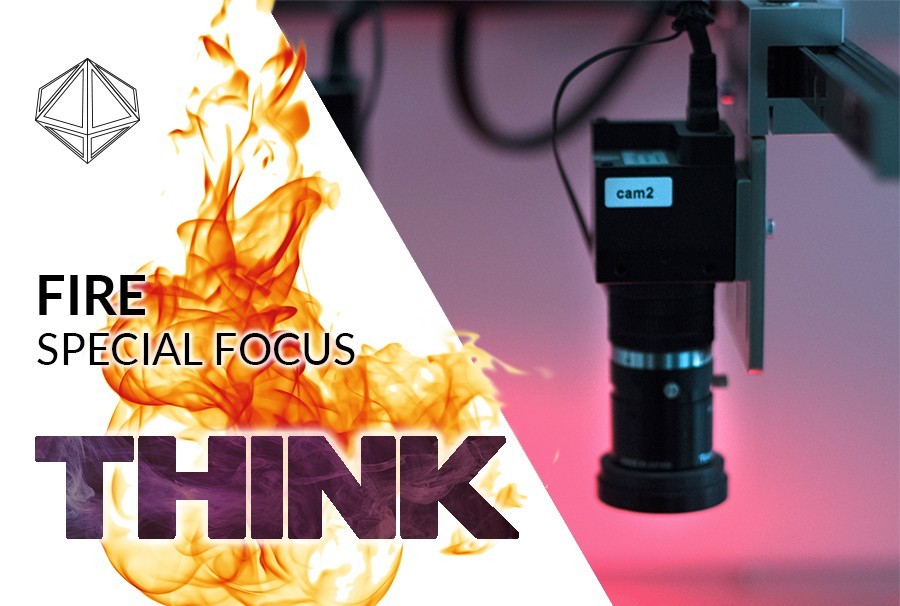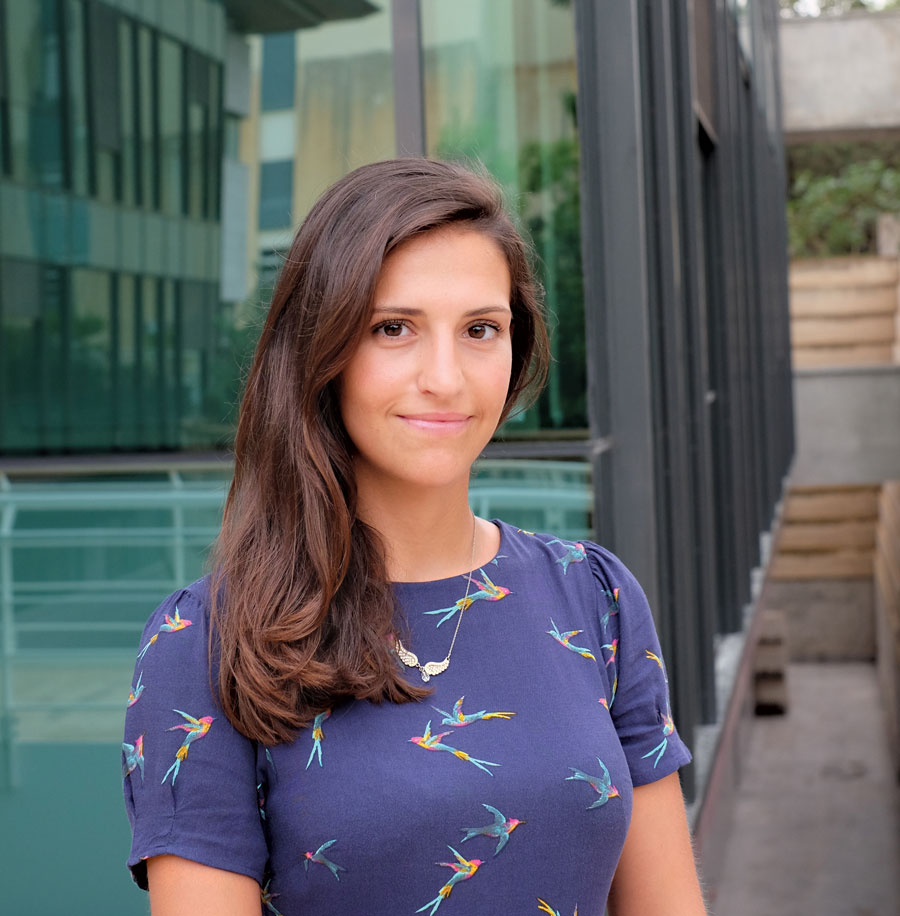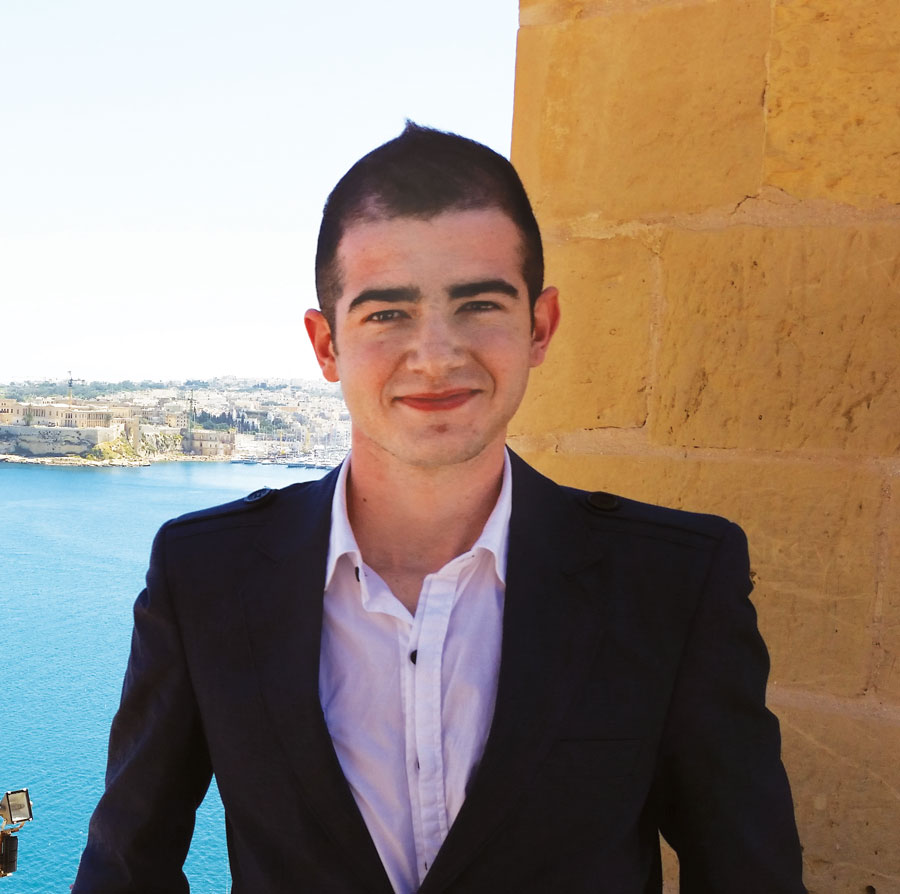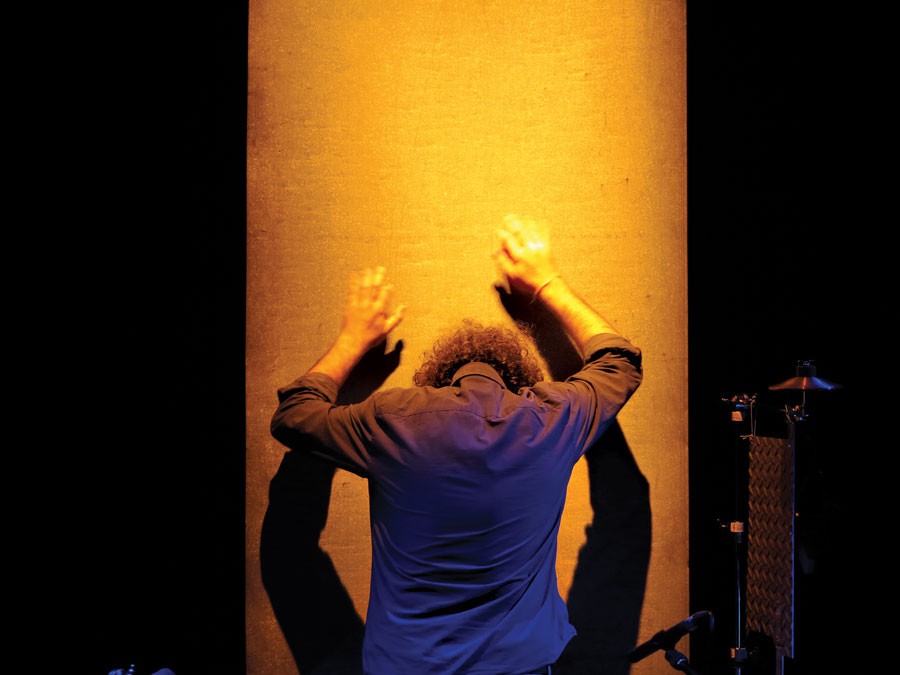Harnessing the power of the sun
Malta is not a resource rich country, but in the shift towards renewable energies, our sunshine is now coveted for more than just tanning. Hans-Joachim Sonntag talks to Prof. Luciano Mulè Stagno about his experience in improving solar panel materials and building a research facility from scratch.
Continue reading
Extreme heat for gears
Cars, motorcycles, machinery—gears are at the heart of them all. Dr Ing. Ann Zammit writes about challenges in producing and improving gears to make everything safer.
Continue reading
Creative playground

The Diploma in Design Foundations Exhibition highlights the yearlong visual and creative process of 80 students. It is a study in representation, composition, and perception of space. Pencil drawings, typographic prints, cast sculpture houses, and panoramic landscape photography fill the studio space.Continue reading
What can Malta learn from Singapore?
By Dr Andre Xuereb and Dr Edward Duca
Singapore is Asia’s success story. It has a landmass just over twice that of Malta but produces over 30 times its economic output. Singapore has invested heavily in quantum technologies, turning itself into one of the world’s leading industrial economies. Though poor in natural resources, Singapore’s investment in knowledge has resulted in it becoming one of the world’s healthiest industrial economies.Continue reading
Fly power for neurodegeneration
By Rebecca Borg
Spinal Muscular Atrophy (SMA) is a neurodegenerative disease that causes motor neurons to deteriorate. These nerves are required for voluntary muscle activity control. Neuronal loss leads to progressive muscle weakness that makes it difficult for one to move and function normally. These devastating consequences make SMA the leading genetic killer of infants, who succumb to the effects of the condition within a few years.Continue reading
Nicotine stresses you out!
By Caitlin Davies
Every day in Malta, one person will die from a smoking-related illness. People usually begin smoking tobacco in their adolescence and addiction quickly follows. Quitting is hard and the majority are unsuccessful. Nicotine, with its crippling withdrawal symptoms, is to blame. Research suggests this component of tobacco can be more addictive than heroin. Smokers say that nicotine is pleasurable and enables them to concentrate and reduce their anxiety. Scientists think the opposite.Continue reading
The future of transport
By Brandon Spiteri
The world has globalised. People and cargo need to get about in cheaper, faster ways that use better transport technologies. Magnetic levitation is one way to achieve higher speeds at a cheaper fuel cost whilst offering a smoother ride. There is less friction since the vehicle floats on electromagnetic waves that make this transport method very efficient.Continue reading
Do you recognise me?
By Julia Farrugia
Automatic facial recognition could change the world of law enforcement. Profile photos of suspects are rarely available, so investigators still rely on face sketches based on eyewitness descriptions. Julia Farrugia (supervised by Dr Ing. Reuben Farrugia) implemented an automatic face recogniser that is able to retrieve a photo based on a sketch. This narrows down the number of potential criminals before trails start to go cold.Continue reading









